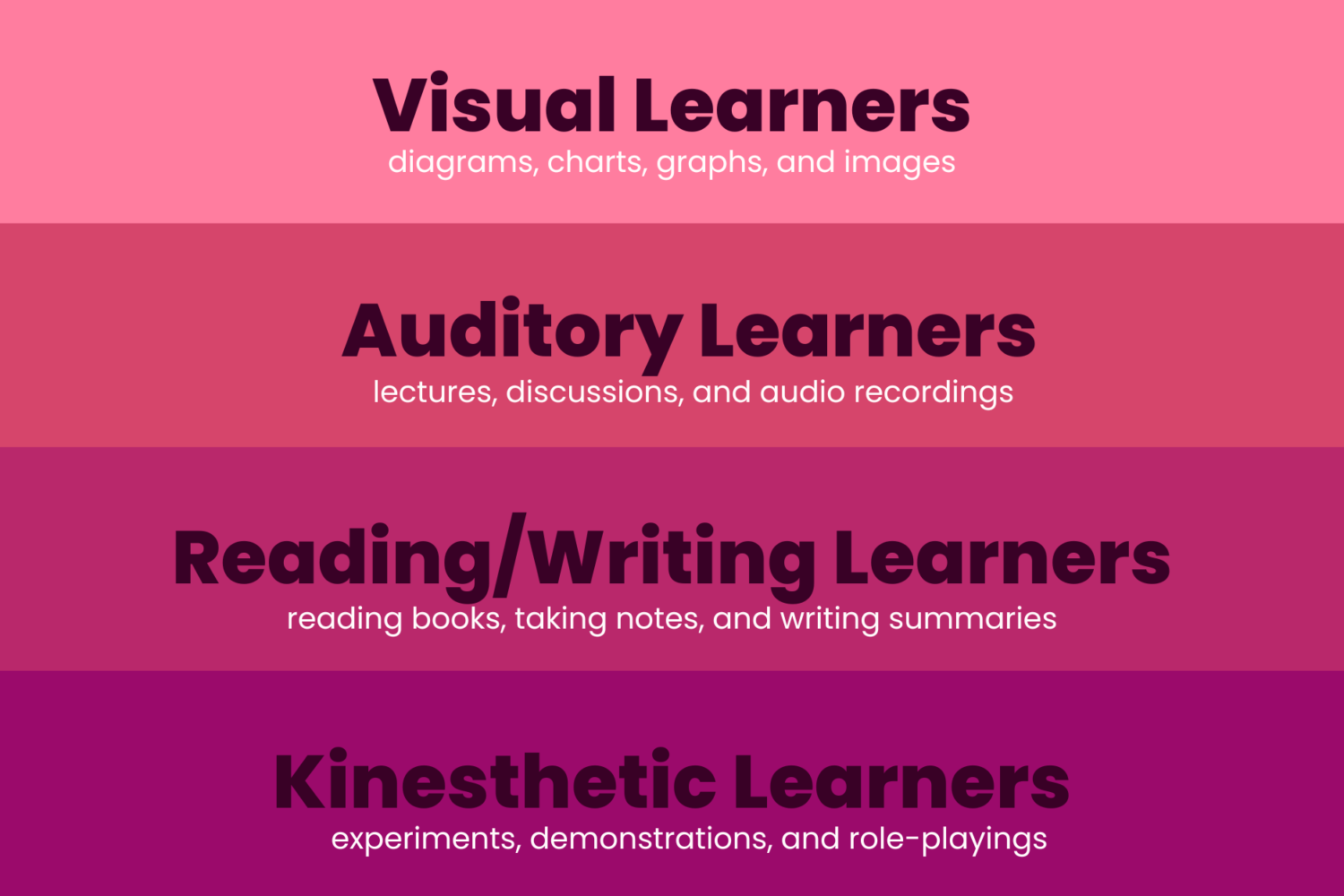Top 10 Study Tips For College Students
“By the end of my career, I probably only used 5% of what I had learned in college. Nonetheless, I am grateful that my experience in college taught me how to learn,” shares a 80-year-old retired engineer who obtained his PhD at the age of 24.
College life is not just about textbooks and exams; it’s a time of growth and exploration and learning how to learn.
To help you make the most out of your academic journey, we’ve put together a list of ten fun and effective study tips. By incorporating these strategies into your routine, you’ll not only boost your academic success but also add an element of enjoyment to your studying experience.
So, let’s dive in and discover how you can study smarter while having a blast!
1. Power Up with Study Playlists
Create customized study playlists that match your mood and enhance your focus. Whether it’s upbeat tunes or instrumental melodies, music can elevate your study sessions and make them more enjoyable.

Experiment with different genres and find what works best for you. Feel free to comment below with your music suggestions! Or—better yet—share it with our Instagram fam!
2. Gamify Your Learning:
Turn studying into a game by using educational apps and platforms that offer interactive quizzes and challenges. Check out our recent article about three fun apps to incorporate into your study regiments.
3. Embrace the Pomodoro Technique:
The Pomodoro Technique is a time management method that breaks study sessions into focused intervals. Be sure to grab a snack, do some jumping jacks, or run in circles in the short interval breaks.
4. Engage in Group Study Sessions:
Studying with friends doesn’t have to be boring! Organize group study sessions where you can collaborate, share ideas, and support each other. 
Take turns explaining concepts in your own unique ways, quiz each other, or create fun mnemonics together. Learning becomes a social and engaging experience. Just be careful about getting distracted. Many of us have those experiences of “studying” with friends AKA goofing off in the library.
5. Create Colorful Study Materials:
Add a splash of color to your study routine by using vibrant markers, highlighters, and sticky notes. Color code your notes, create mind maps, or draw diagrams that capture your attention.
Visual cues and playful visuals can make studying more exciting and help you remember information better. This is particularly pertinent if you are a visual learner*.
6. Turn Learning into Storytelling:
Transform dull facts and figures into captivating stories. Connect ideas together and create narratives that make the content more memorable. By weaving a story around what you’re studying, you’ll engage your imagination and make learning a thrilling adventure.
Want to take this a step further? Teach our friend or family member. The very act of teaching another person—called the protégé effect—can drastically improve retention.
7. Break Out of Routine:
Change up your study environment occasionally to keep things fresh and exciting. Head to a cozy café, study in a park, or find a comfortable spot on campus. Exploring new study locations can stimulate creativity. It can also bring a sense of adventure to your learning journey. The four walls of your apartment can get old real quick.
8. Reward Yourself:
Set up a reward system to celebrate your study milestones. After completing a challenging task or acing an exam, treat yourself to something you enjoy—a movie night, a favorite snack, or an outing with friends. Knowing that a reward awaits will motivate you to stay focused and make studying feel more rewarding.
9. Incorporate Hands-On Activities:
When possible, opt for hands-on activities that align with your coursework. For example, if you’re studying biology, conduct experiments or create models to bring concepts to life. Engaging your senses and actively participating in your learning process can make studying a fun and immersive experience. This is particularly applicable to kinesthetic learners*.
10. Embrace the Power of Humor:
Inject humor into your study routine to make it more enjoyable. Create silly mnemonics, make puns related to your subject matter, or find funny YouTube videos or memes that relate to your topics. Think back to those Schoolhouse Rock days.
Laughter can lighten the mood, reduce stress, and make even the most challenging subjects more approachable.

Studying doesn’t have to be a monotonous task. By incorporating these fun and effective study tips into your college routine, you’ll see quick changes in the quality of your studying!
HAPPY LEARNING!
*Still unsure which type of learning styles resonate with you? Check out this graphic or take this short quiz!



